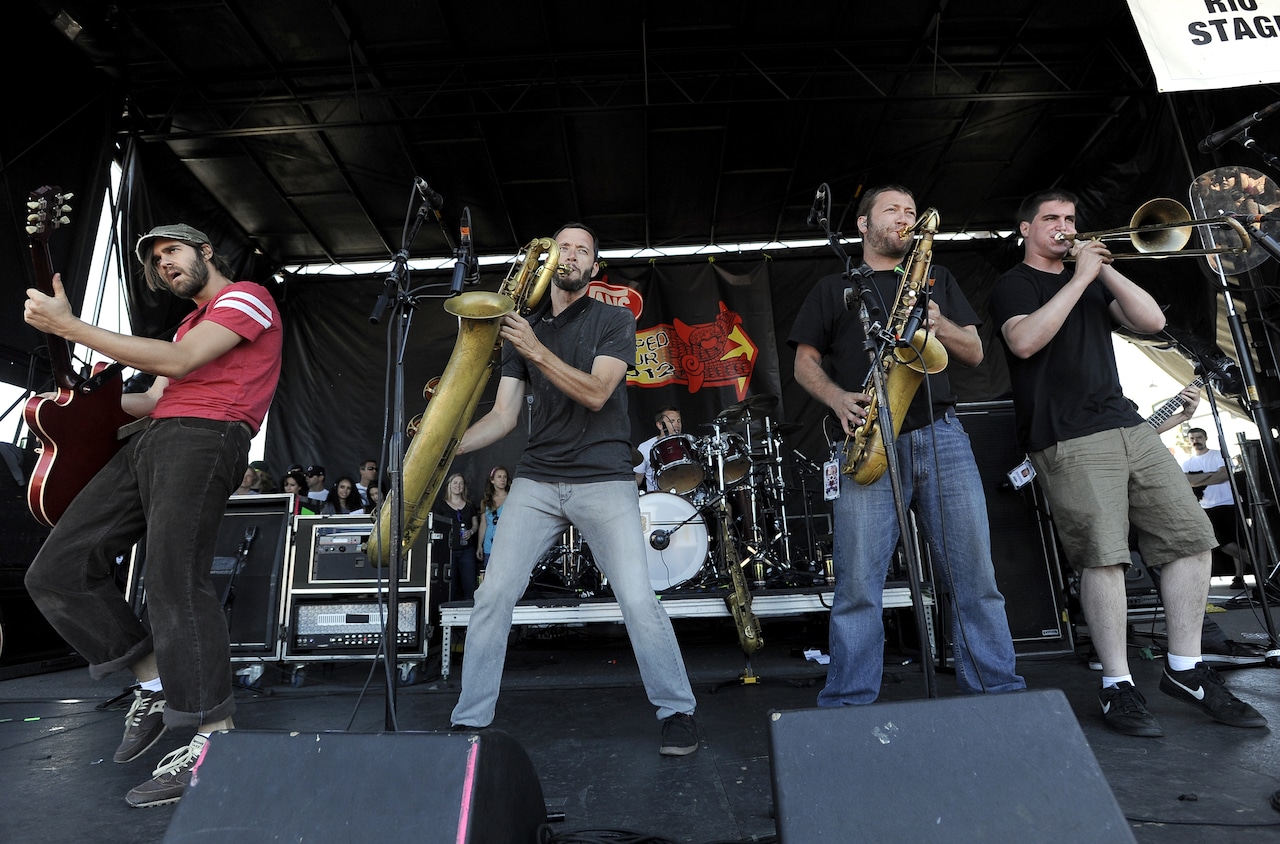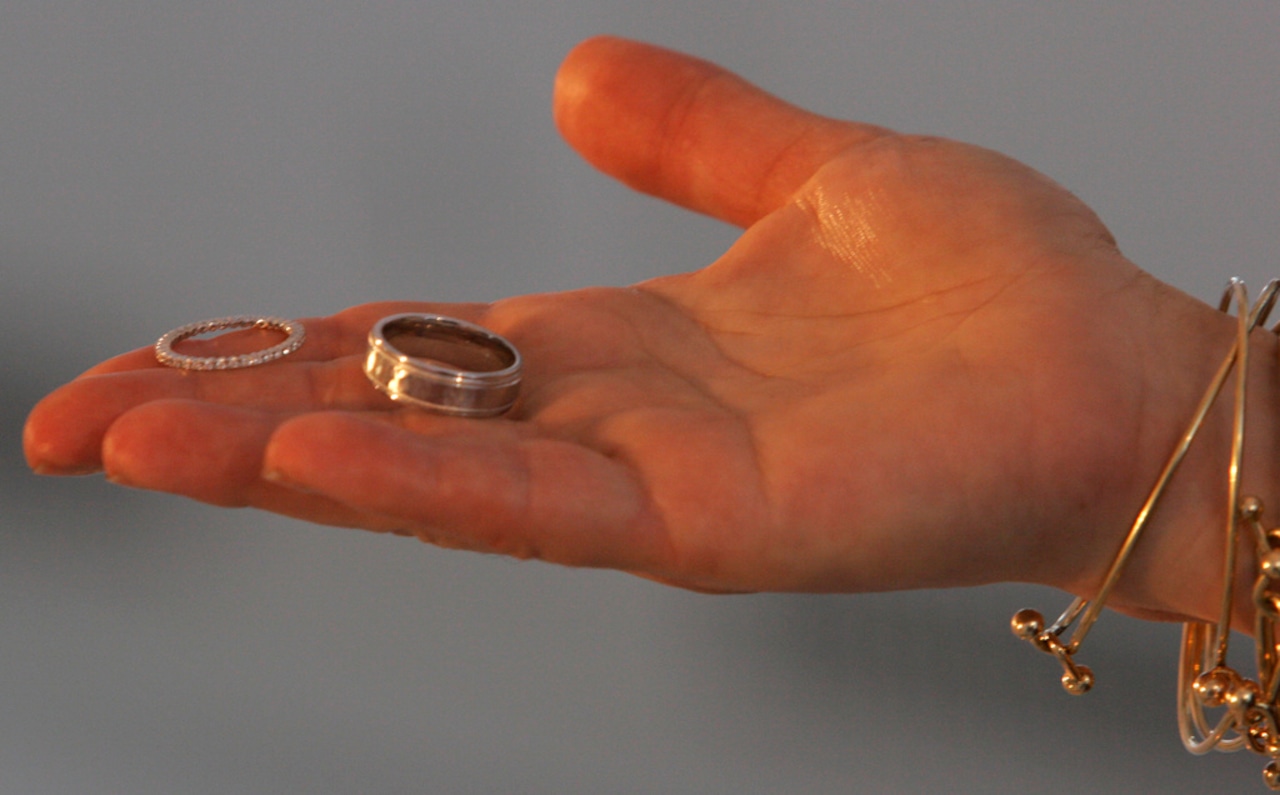
And the crowd goes wild! GOAT gymnast Simone Biles defies gravity with grace. Swimmer extraordinaire Leon Marchand, with French and U.S./ASU fans, wins two golds on the same day, breaks records and knocks off two Olympic reigning champions. Surrounding and admiring the world’s greatest athletic prowess are thousands of tourists and sports fans from all around the globe bringing their enthusiasm, national pride and unfortunately a slew of potential public health risks.
The last Olympics were postponed a year and then took place without spectators because of COVID-19. I can’t say that before COVID I ever gave a thought to the years of preparation necessary to have the Olympics and the public health threats that exist. The pandemic brought together many organizations to keep people safe and bring to light necessary interventions to promote health and safety.
The Paris games are expected to bring over 10 million people from over 200 countries for the 19-day event. Any mass gathering brings threats to the public health and safety of spectators, performers or athletes. The International Olympic Committee, the World Health Organization, the Ministry of Foreign Affairs, the Ministry of Interior, the host city’s government, consultants and experts collaborate to identify and mitigate potential issues at the Olympic games.
Infectious disease, weather-related issues such as overheating, heat stroke, dehydration, security risks/terror attacks and in France, the water quality in the Seine River are a few of the risks. This year also, concern for the spread of dengue has been in the media. Simone Biles brought mental health into the arena during the last games.
Dengue, a viral illness spread by mosquitos, is not usually found in Europe. Climate change and global travel has brought these mosquitos to Europe. France has been monitoring for dengue and testing mosquitos. If cases start, they will notice.
Beacon, a therapy golden retriever with the official title of “Goodest Boy” has joined the USA gymnastics team for support and emotional wellness to team members.
Insight from COVID mitigation policies during the last games not only decreased the spread of COVID but limited other respiratory and gastrointestinal illness. Basic hygiene measures such as hand-washing and education has proven significant enough to continue to enforce since the pandemic. The success of surveillance of COVID can help for future surveillance to know when and where disease is present to stop it.
Safety risks are approached with the help of law enforcement and intelligence agencies. Measures include managing crowds, assuring enough entrances and exits, people monitoring and test events in locations with similar numbers of people prior to the games. Because of the international component, surveillance of possible chemical, biological, radiological and nuclear threats must be addressed.
Superficially, one would assume it would be beneficial bringing in tourists spending money and bringing recognition to cities and countries. In reality, there is shocking evidence of the human cost in host cities In 2014, Russia spent $50 billion diverting funding from health care and other public resources. Rio de Janeiro’s Olympic economic crisis resulted in closing hospitals, clinics and cutting services. Residents waited for days for care while athletes received immediate and excellent care in the Olympic Village. Greece suffered a similar economic crisis after hosting, resulting in funding for hospitals decreased by half. In Beijing, water was diverted for snow-making, leaving farmers and residents without water.
Tight and demanding schedules of building Olympic facilities lead to 70 deaths during Sochi construction and 13 in Rio. A Tokyo worker committed suicide after 190 hours of overtime in a month. In Beijing, many were subjected to a winter without heat or electricity. Olympic construction has tragically taken away many homes resulting in violence, imprisonment and deaths in the process of evicting families. 720,000 people in Seoul and 1.5 million in Beijing were relocated. Here in the USA, in Atlanta, over 2000 public housing units were destroyed for the games in 1996.
Looking forward to avoid these atrocities, it is recognized that only financially healthy cities should take on the responsibility of hosting the Olympics. Other strategies looked at include scaling back the event (although it looks like Paris scaled up and raised the bar in the opening ceremony), dispersing events to multiple cities or establishing a permanent Olympic home.
The pandemic resulted in strengthening the relationship of the WHO and the Olympic Committee to make the Olympic Games safe for everyone. Since childhood, I have looked forward to the pure enjoyment of watching the Olympics, especially the gymnastics. Caught up in the amazing athletic performances and the great journalistic backstories of the athletes, I never considered that anyone lost their life or their home to allow me and the rest of the world that pleasure. Let’s not only root for the athletes, but look to the IOC and its collaborating agencies to deliver future GOAT Olympics that are safe and healthy for all.
Take care of yourself and someone else.
Juanita Carnes is a Westfield resident and a nurse practitioner with 38 years of experience in a hospital emergency department and urgent care facilities. She served 30 years on the Westfield Board of Health.






